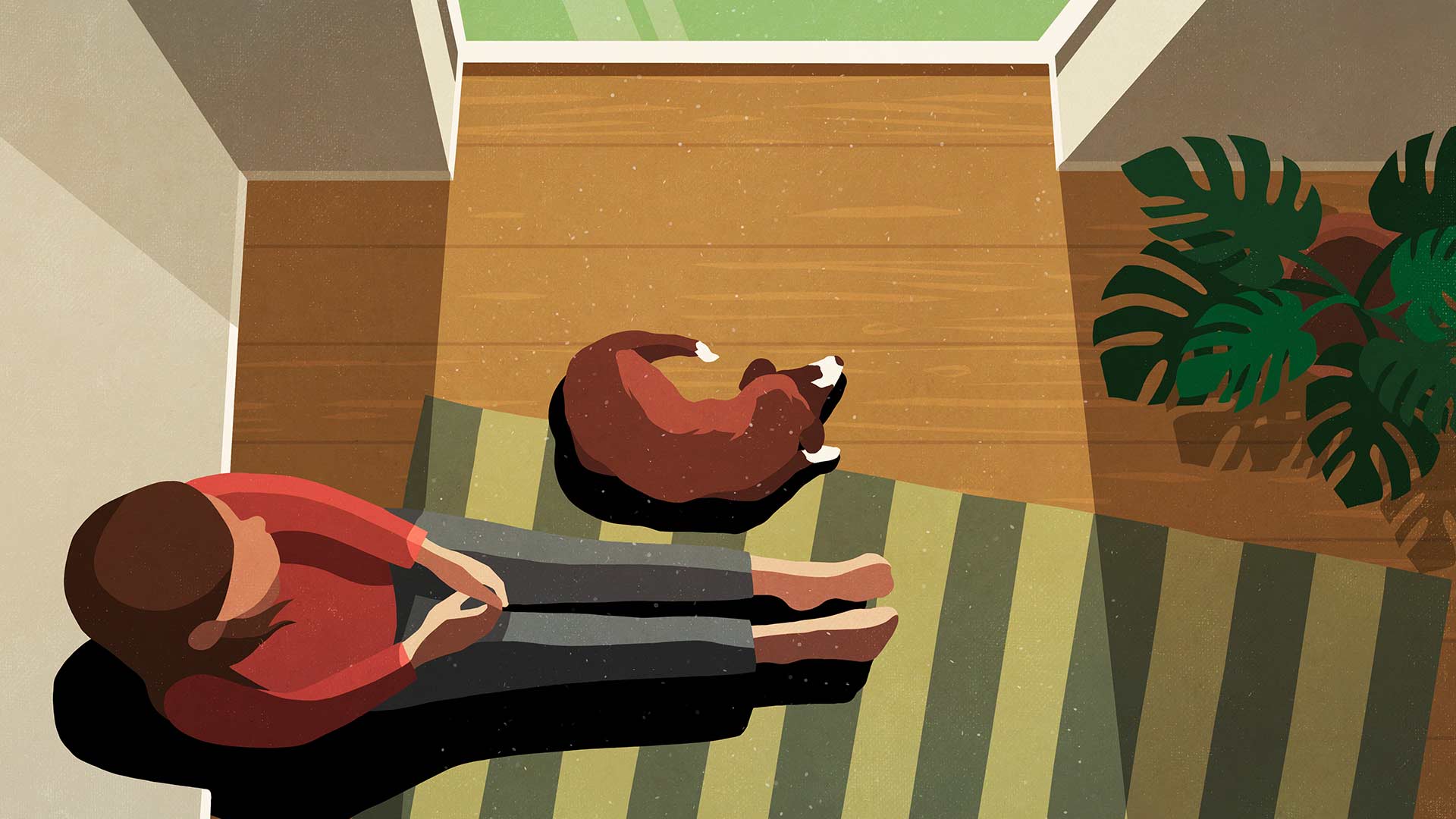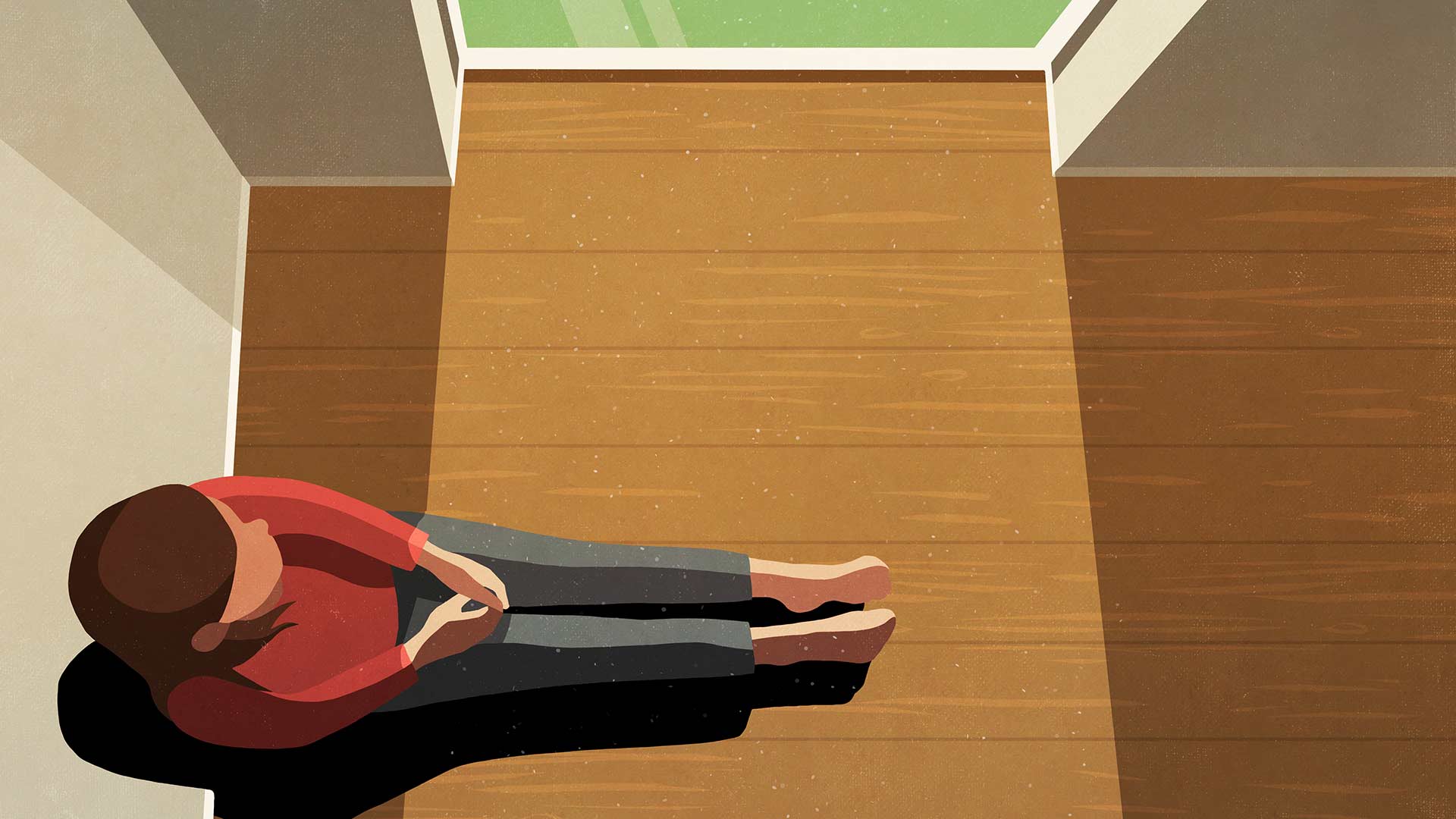Abandonment anxiety: is fear of abandonment ruining your relationships?
Everything you need to know about abandonment anxiety

What is abandonment anxiety and is it ruining your relationships?
Most people have a perfectly natural fear of losing the ones they love. Imagining the loss of the most important person in your life can fill you with a sense of emptiness and even terror. Many people spend a great deal of time checking out the best dating apps and exploring their options, but find themselves sabotaging their relationships instead of moving forward with them.
When that behavior starts to impact the way you treat your partner on a daily basis, however, it could be more than normal fear of loss. It could be abandonment anxiety – and it could be sabotaging your relationships.
Abandonment anxiety occurs when that fear or worry over losing a loved one becomes all-consuming – often so consuming that it impacts your other behaviors or even causes you to sabotage your relationship. Psychologists now recognize abandonment anxiety as an anxiety disorder and treat it as such – but in order to receive treatment for it, you have to recognize that it exists and address the signs and symptoms in your life.
Do you recognize these signs of abandonment anxiety in your relationships?
Is abandonment anxiety sabotaging your relationships? Chances are, you already know that you have a deep sense of fear when it comes to losing the one you love. When you suffer from abandonment anxiety, you may start to notice that your behavior changes when you're with a partner.
You have a long series of shallow, short-term relationships in your past. You may engage in unhealthy sexual behaviors or prefer fleeting, short-term relationships to a deeper connection. If you don't get too invested, you might insist, then you don't have to worry about being hurt.
You look for reasons to end a relationship when you start getting too attached. You might find yourself picking at your relationships, refusing to get more deeply involved. Many people with abandonment anxiety feel that ending the relationship will hurt less if they're the one to walk away.
You find yourself completely dependent on your partner. You're not able to engage in many normal, healthy activities without your partner's approval. If your partner doesn't attend specific events with you, you can't go.
You find yourself being excessively suspicious of your partner. You know that your partner regularly messages people from work, but you still get tense and suspicious when you see your partner conversing with someone else – even when you know it's a colleague. You suspect your partner of cheating even with no obvious signs or no reason to think they would engage in those sorts of behaviors.
You want your partner's life to revolve around you (and chances are, yours revolves around them). You don't have natural separation between yourself and your partner. Instead, you feel as though you need to do everything together all the time.
You stick with unhealthy relationships far longer than you should. Instead of bailing out when you notice things starting to go downhill or your partner failing to treat you as you should, you may insist on sticking with it. You might feel as though it's better to be in a bad relationship than it is to be alone.
Many people quickly grow frustrated with a partner's clingy behavior, leading to the end of the relationship before you even have a chance to process it. Likewise, your fear of abandonment may lead you to be more stand-offish and to reduce connection as much as possible, which can leave your partner feeling disconnected.

Addressing abandonment anxiety
If you suffer from abandonment anxiety, it can be incredibly difficult to pursue a healthy relationship – which can, over time, serve to worsen your fears. Fortunately, you can take steps to address the anxiety and stop yourself from ruining your relationships.
Talk to your partner. Abandonment anxiety usually stems from something – often past abandonment or other trauma, including trauma in childhood. Talk to your partner about your abandonment anxiety and how it impacts you. If necessary, have a series of smaller conversations, rather than trying to have one in-depth, highly emotional discussion.
Work with a therapist. Talk out the challenges you face with an experienced therapist who can help you unpack your past trauma and move toward healing. Sometimes, identifying the past trauma can help you move through it. Other times, a therapist can offer coping mechanisms that can help you achieve a healthier relationship.
Engage in regular self-care. Learn more about how you can take care of yourself. Maintaining your physical health and engaging in mental self-care, including taking time for yourself, can make you less anxious and help you be a better partner.
Abandonment anxiety is a serious issue for many people. It can lead to a string of missed opportunities and lost relationships. By addressing it head-on, however, you can alleviate some of those symptoms and feel more confident, both in a relationship and out.
The My Imperfect Life team is all about helping you navigate your world. We bring you the latest on fashion, beauty, travel and wellness so you can live life on your terms.